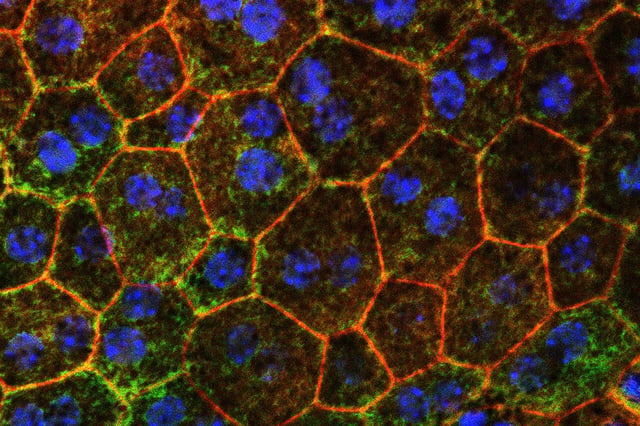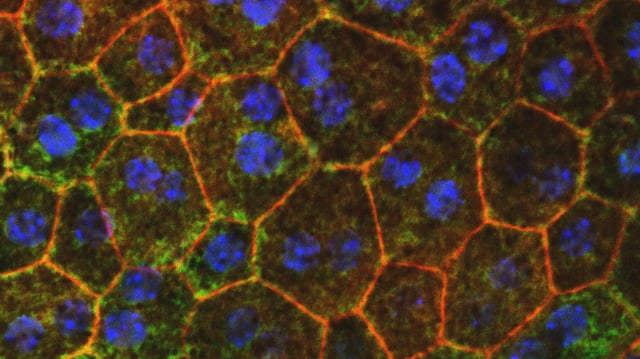Overview
- A study published June 24, 2025, in Nature Communications found that elevating ApoM corrects cholesterol processing defects linked to AMD.
- Blood samples from AMD patients revealed lower circulating ApoM compared to healthy individuals, implicating ApoM deficiency in disease progression.
- In mouse models, genetic and plasma-based ApoM augmentation improved retinal health, enhanced photoreceptor function and reduced cholesterol deposits.
- Experiments showed that ApoM must bind sphingosine-1-phosphate to activate lysosomal lipid catabolism and clear excess cholesterol from retinal cells.
- WashU researchers have partnered with Mobius Scientific to translate these findings into ApoM-based therapies that may also address heart failure.


